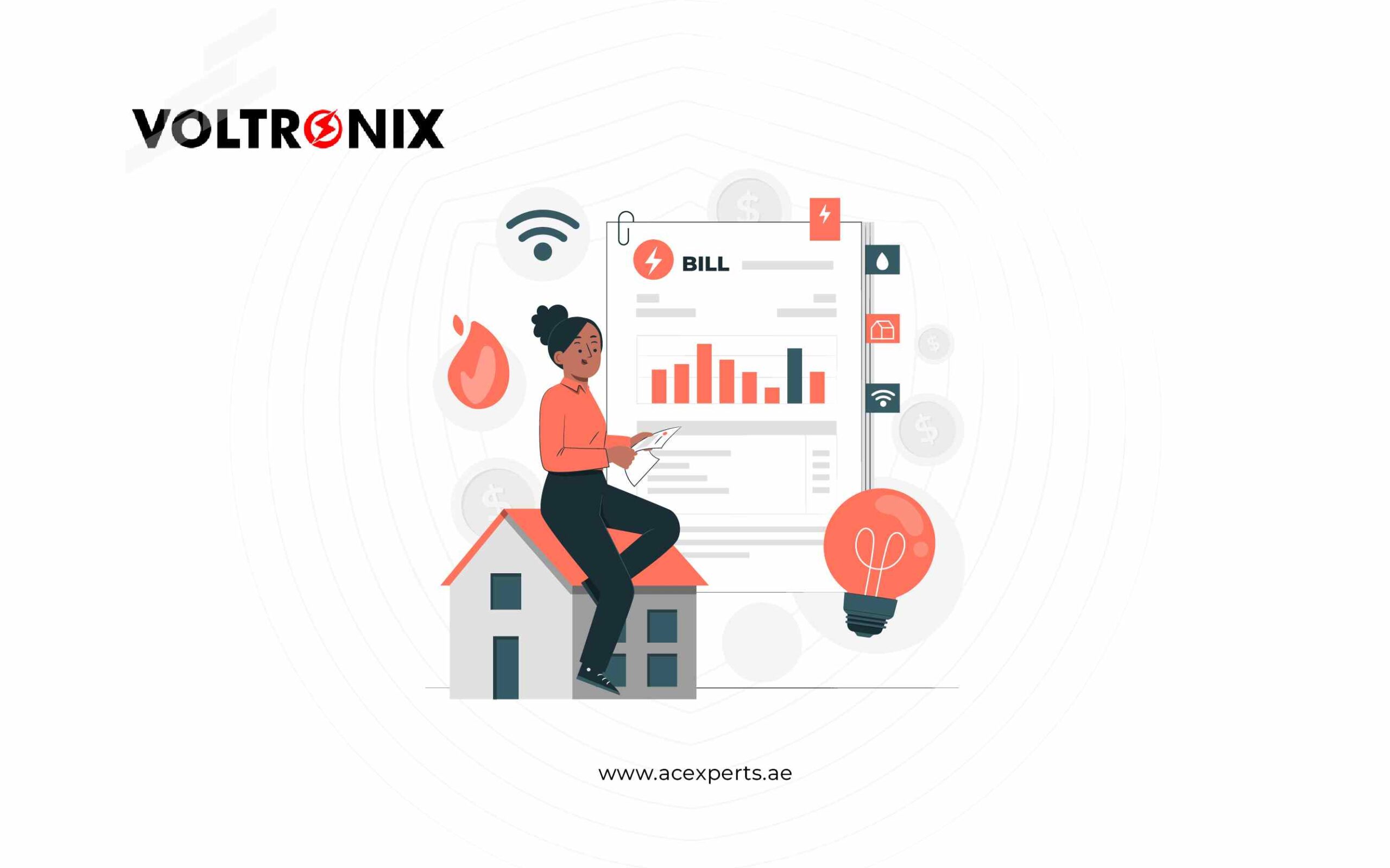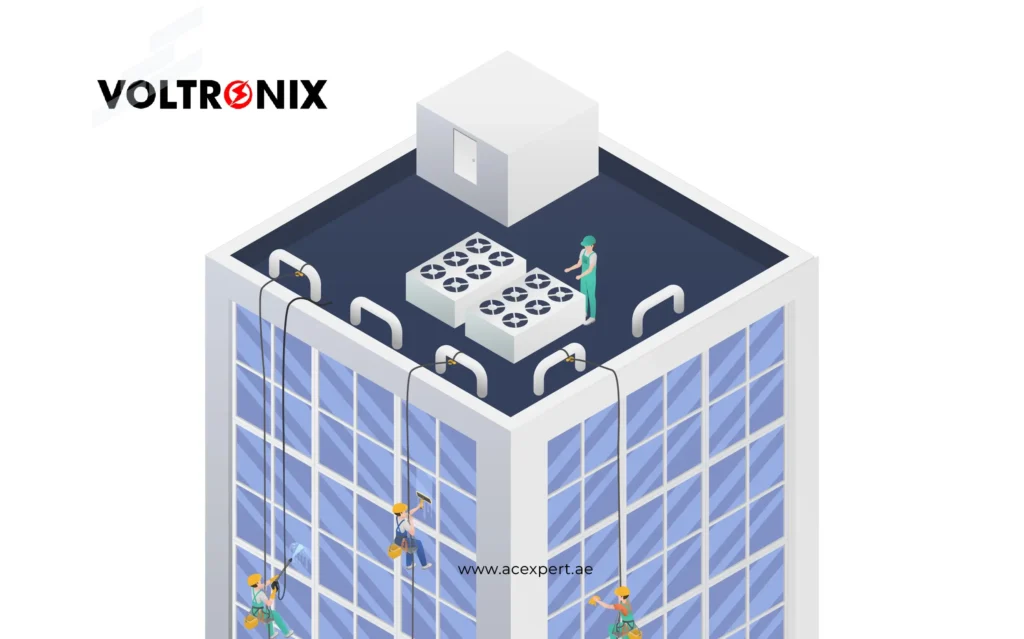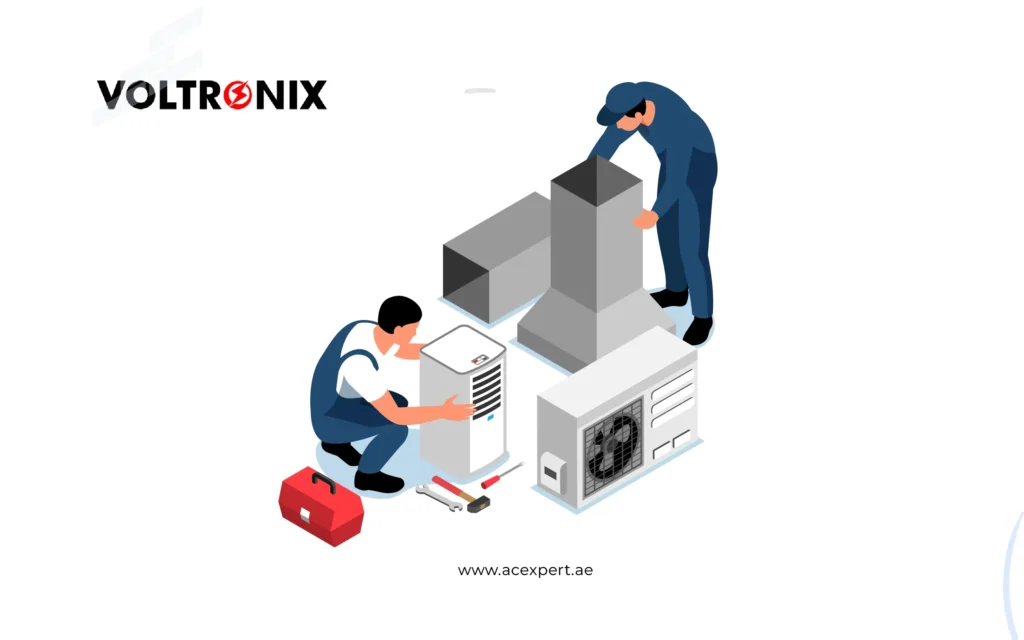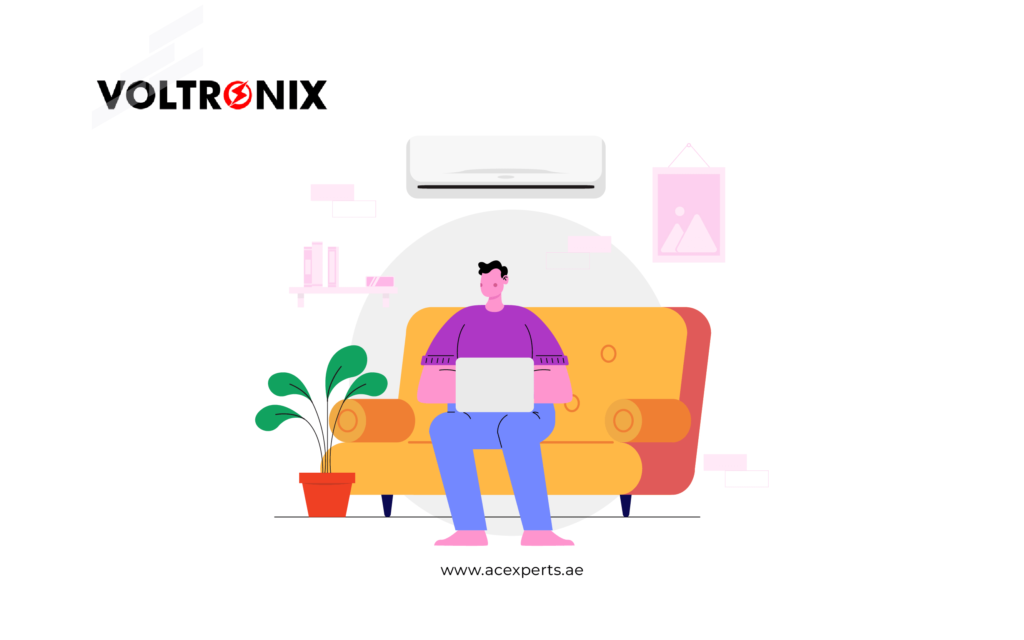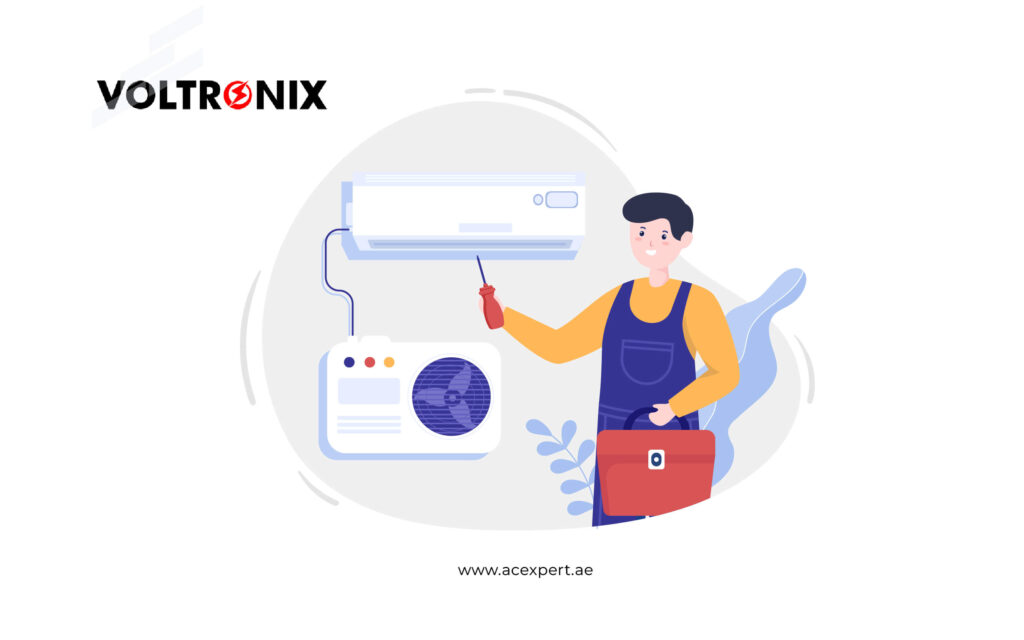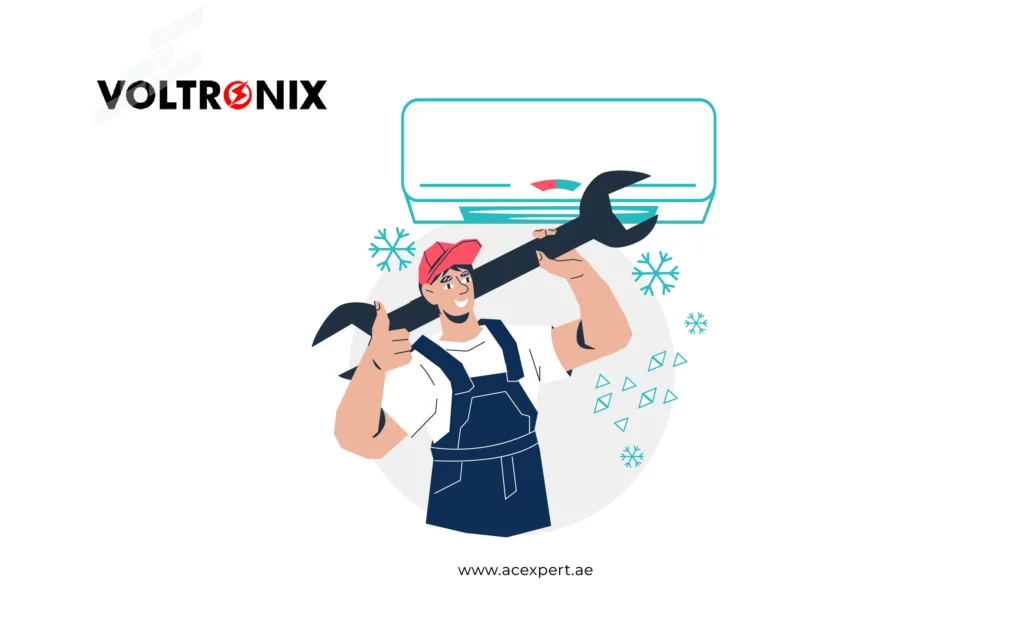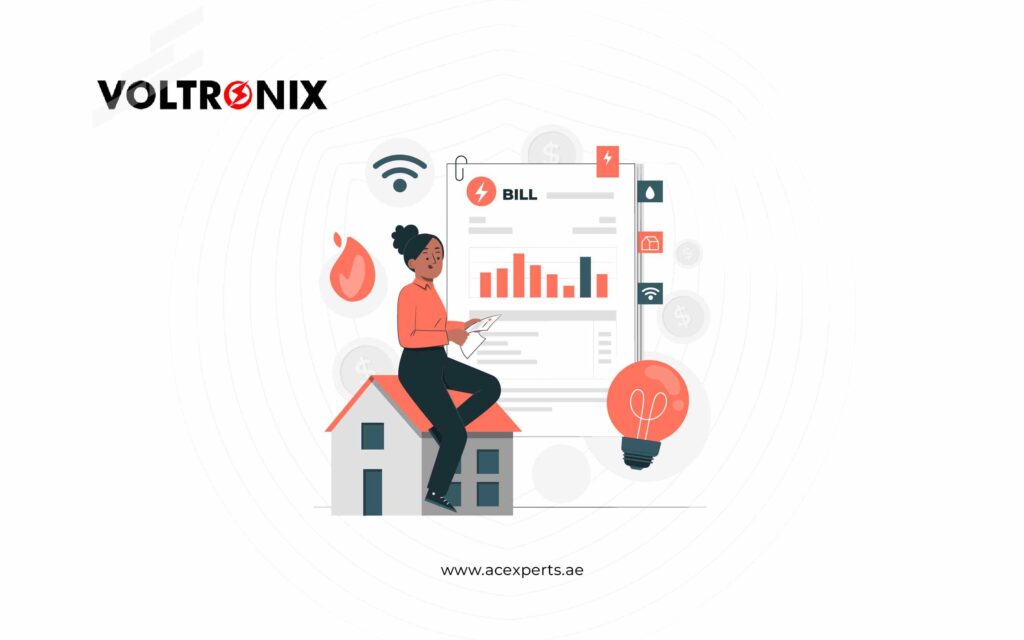The higher the temperature, the higher the price of cooling your home. You’re not alone if you’re fed up with receiving high electricity bills in summer. But the good news is that there are a number of easy and efficient ways to save energy and save money. Here, we’re going to learn 10 doable tips which will not only cool your house but also won’t let your electricity bills hike.
1. Regular AC Maintenance is Key
The first step in saving money on your energy bill is ensuring that your air conditioning unit is running efficiently.
Why It Matters:
An AC unit that’s clogged with dust or a filter that hasn’t been changed in a while will have to work harder to cool your home. This leads to higher energy consumption and, ultimately, a higher bill.
What to Do:
- Change or clean air filters every 1-3 months.
- Have your AC professionally tuned up annually to keep the system in prime condition.
- Inspect your ducts for leaks and obstructions.
By having your AC unit serviced, you will keep it running at maximum efficiency, and you will save money in the long run.
2. Set Your Thermostat a Few Degrees Higher
You may be tempted to crank the AC on full blast to get cool in a hurry, but dropping the temperature too low will cost you—both in energy use and potential need for AC repair in Dubai.
Why It Matters:
Each degree that you lower your thermostat will boost your energy consumption. A tiny tweak can save you big on your energy bill.
What to Do:
Adjust your thermostat to 78°F (25-26°C) while you’re home in the summer and 85°F (29-30°C) when you’re not. This easy adjustment can save you as much as 10% a year on your energy bills.
3. Circulate Cool Air with Fans
If you want to save money without giving up cooling, use fans in combination with your AC.
Why It Matters:
Fans consume much less electricity than an air conditioner and have the ability to distribute cool air more uniformly around your house.
What to Do:
- Utilize ceiling fans to move cool air in the rooms that you are occupying.
- Position box fans in windows to draw cool air in at night and in the evening.
- Discontinue running fans when you exit the room to conserve energy.
- By using fans and your AC together, you can stay comfortable without turning the AC up to full blast.
4. Close Curtains and Blinds to Block the Sun
The sun’s rays can also heat up your home a lot, making your AC work extra hard.
Why It Matters:
When sunlight streams in through your windows, it warms up your living areas, causing your cooling system to work extra hard to make up for it—highlighting the importance of regular AC maintenance in Dubai to keep your unit running efficiently.
What to Do:
- Close curtains or blinds during the hottest parts of the day.
- Use heat-reflective window films to reduce heat buildup.
- Install shades or thermal curtains to keep your home cooler.
- By keeping the sun out, you’ll reduce the workload on your AC and save money in the process.
5. Seal Gaps and Insulate Your Home
Air leaks are one of the leading causes of excessive energy bills. Even tiny gaps and cracks can allow hot air to enter, which will make it more difficult for your AC to cool the room.
Why It Matters:
Sealing door and window gaps, as well as gaps around your ducts, can prevent cool air from escaping and hot air from entering, making your AC work more efficiently.
What to Do:
- Check windows and doors for air leaks.
- Seal gaps with weatherstripping or caulk.
- Insulate attics and walls to keep the heat out.
With improved insulation and sealing, your house will remain cooler longer, minimizing frequent AC usage.
6. Install Energy-Efficient Appliances
If you need to replace new appliances, switch to energy-efficient ones.
Why It Matters:
Energy-efficient appliances use less electricity and contribute to lowering your electrical consumption. These include air conditioners, fridges, and even washing machines.
What to Do:
- Seek out appliances that bear the Energy Star logo.
- Replace an old air conditioner with a more efficient one if your existing one is outdated.
- Replace lighting (such as light bulbs) with energy-efficient options to lower overall use.
Though there is some upfront cost to upgrading, the reduction of your energy bill over the long term will have it well worth the expenditure.
7. Cook and Use Appliances During Cooler Hours
Cooking, dryer use, or operating other heavy appliances can heat up your home, making your AC labor harder.
Why It Matters:
Ovens, dryers, and even computers produce a lot of heat, so your AC has to work extra hard to keep things cool.
What to Do:
- Cook early in the morning or evening when it’s cooler outside.
- Use a microwave or slow cooker rather than the oven.
- Limit daytime use of the dryer—try air-drying clothes.
This can decrease the burden on your AC and keep your house cooler without additional energy consumption.
8. Use Smart Thermostats
A smart thermostat can save you money by automatically adjusting the temperature according to your schedule and preferences.
Why It Matters:
Smart thermostats learn your habits and will change the temperature when you are out or sleeping, so you don’t cool an empty home.
What to Do:
- Get a smart thermostat that’s connected to your phone.
- Create schedules for AC on and off according to when you are in the house or out.
- By doing these automatic changes, you can save both time and money on your utility bill.
9. Turn Off Lights When Not in Use
Lights, especially incandescent bulbs, generate heat and can increase the workload of your AC.
Why It Matters:
Using less energy for lighting means your AC doesn’t have to work as hard to cool the room.
What to Do:
- Turn off lights when you’re not using them.
- Switch to LED bulbs, which generate less heat.
- This easy adjustment can make a small but beneficial difference in your total energy consumption.
10. Utilize a Programmable Timer for Your AC
Efficient use of your air conditioner is not using it when you’re away from home or during nighttime when temperatures are low.
Why It Matters:
A programmable timer or smart thermostat will enable you to program your AC to turn off automatically when it’s not required.
What to Do:
- Set your AC to shut off while you are working and turn back on before you come home.
- Program the AC to change temperature when you are sleeping or on colder days.
- By operating your AC only as required, you will cut your energy usage greatly and save on costs.
Final Thoughts: Start Saving Now
It doesn’t have to cost a lot to manage your summer energy bill. By making some easy adjustments in the way you use your home appliances and air conditioning, you can save money while keeping your house cool.
The ten suggestions we’ve covered will help you reduce your summer energy costs, whether it’s through regular AC maintenance, thermostat modifications, or simply using fans more effectively. Make a few of these adjustments now, and you’ll see your savings grow over the course of the season. It will benefit both the environment and your pocketbook!

